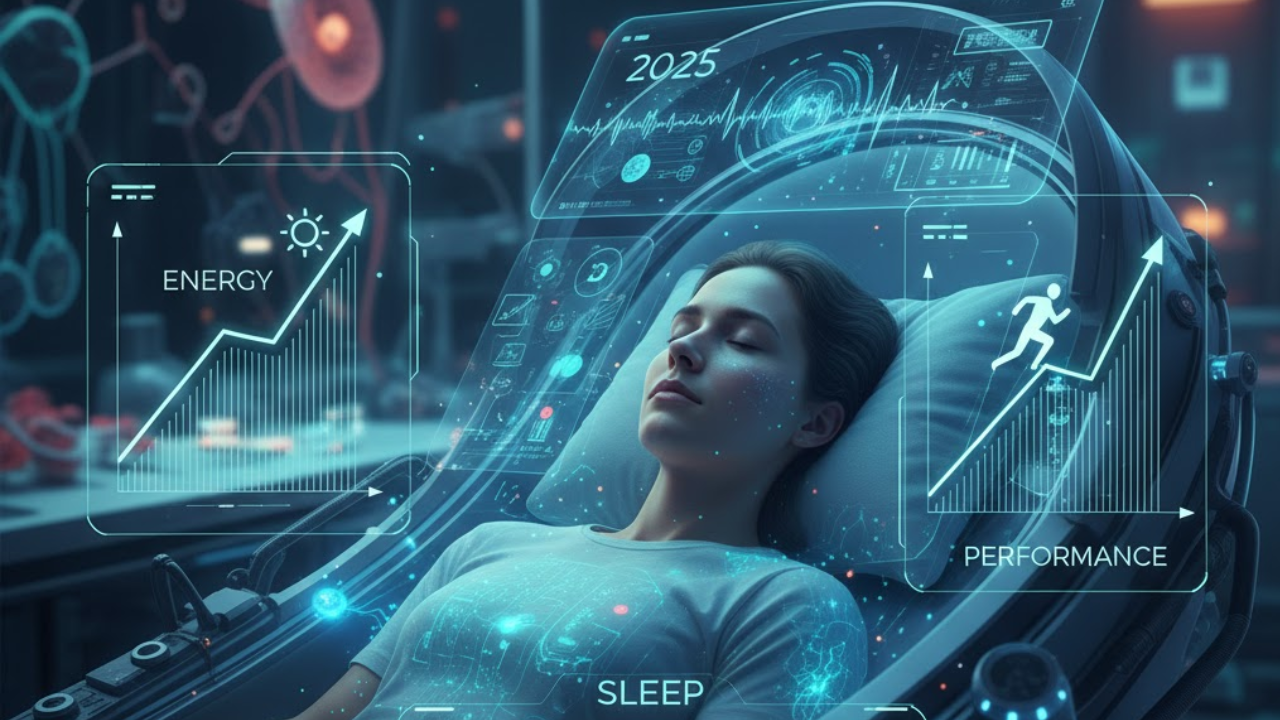
Post by : Naveen Mittal
What if you could wake up more energized, think sharper, and recover faster — not through medication, but by understanding your biology? Welcome to the world of biohacking, one of the fastest-growing wellness movements of 2025. It’s a blend of science, data, and self-experimentation, where individuals use nutrition, technology, and lifestyle tweaks to upgrade the body and mind.
What started as a niche Silicon Valley experiment has now evolved into a global culture focused on living smarter, not harder.
At its core, biohacking means taking control of your own biology. It involves intentionally changing your environment, diet, or habits to improve how your body functions. Unlike traditional health approaches that wait for illness, biohackers aim to prevent decline by constantly optimizing performance.
There are three main forms of biohacking:
Nutritional biohacking — using specific diets, supplements, or fasting methods to boost metabolism and brain function.
Technological biohacking — using wearables, tracking apps, and smart devices to monitor health in real time.
Behavioral biohacking — building powerful routines for better sleep, focus, and emotional regulation.
Sleep is the foundation of all human performance, and biohackers are obsessed with perfecting it. The trend now revolves around deep-sleep optimization — improving the quality, not just quantity, of rest.
Tech tools like Oura Ring, Whoop, and Apple Watch Ultra monitor sleep cycles, heart rate variability, and oxygen levels, providing actionable feedback. Some even adjust lighting and temperature automatically to sync with your circadian rhythm.
People are also adopting sleep hygiene rituals — cutting blue light exposure, using red light in the evenings, and consuming magnesium or glycine to enhance relaxation. The goal is to wake up with complete recovery, not just enough rest.
Unlike caffeine dependence, biohacking energy focuses on cellular vitality. The approach revolves around improving mitochondrial health — the energy engines of your cells.
Practices like cold plunges, infrared saunas, and red light therapy (already trending in 2025) help stimulate cellular repair and enhance circulation. On the nutritional side, people are using tools like ketogenic diets, adaptogenic herbs, and intermittent fasting to maintain steady energy levels throughout the day.
Instead of chasing bursts of motivation, biohackers design their days around sustainable alertness and focus — turning productivity into a biological rhythm rather than a struggle.
The most ambitious area of biohacking is neuro-optimization — training the brain for sharper focus and longer attention spans. Tools like neurofeedback headsets, EEG monitoring, and nootropic supplements are becoming mainstream.
Nootropics — compounds that enhance cognitive function — are now a billion-dollar market, with natural ingredients like lion’s mane mushroom, L-theanine, bacopa, and omega-3s leading the trend. Combined with meditation and breath control, they’re helping people achieve deep work states faster and more consistently.
Modern professionals are no longer just exercising their bodies — they’re training their brains like athletes.
Technology has become the biohacker’s laboratory. Wearables now measure everything from hydration to blood sugar, and AI-driven health platforms recommend personalized interventions in real time.
Smart patches can track glucose without needles, while smart rings analyze stress patterns and suggest breathing techniques. Biohackers use this data to fine-tune their routines — from meal timing to sleep cycles — creating a personalized feedback loop that evolves with them.
It’s health turned into a science experiment, with data replacing guesswork.
Food is no longer just fuel — it’s information for the body. Modern biohackers treat nutrition as a programmable tool that can activate or suppress specific biological pathways.
The trend leans toward low-inflammatory, nutrient-dense eating — focusing on clean proteins, healthy fats, and micronutrients. Intermittent fasting remains a cornerstone, helping regulate insulin, support cellular repair (autophagy), and increase longevity markers.
Many are also experimenting with personalized nutrition based on DNA tests and gut microbiome analysis to craft diets that match their genetic profile.
Modern biohacking isn’t just physical; it’s deeply mental. Techniques like breathwork, cold exposure, and meditation train the nervous system to handle stress more efficiently. The idea is to shift from reactive to regulated states — staying calm under pressure.
Apps like Open, Othership, and Mindset provide structured breathing and visualization programs that help balance emotional energy. Combined with physical recovery, this emotional regulation is what turns high performance into long-term sustainability.
As we move deeper into 2025, biohacking is moving from experimental to mainstream wellness. Hospitals are adopting data-driven recovery systems, and workplaces are offering biometric wellness programs for employees. The line between medicine, fitness, and technology continues to blur — paving the way for a future where humans actively upgrade their biology every day.
From DNA-based diets to neural implants, the next generation of health innovation is no longer about treating sickness — it’s about engineering vitality.
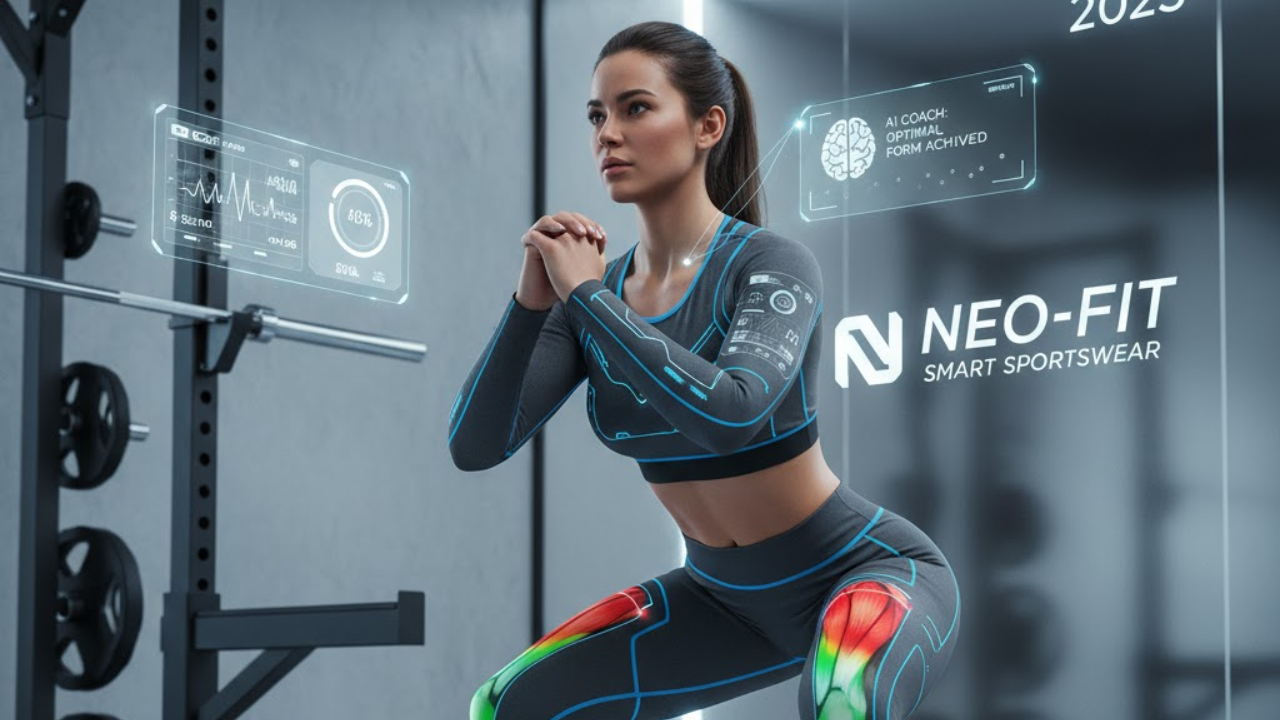
Wear It, Train Smarter — How Smart Sportswear Is Becoming Your Next Virtual Coach
Dive into AI-driven smart sportswear — how sensor-embedded garments are revolutionizing workout feed
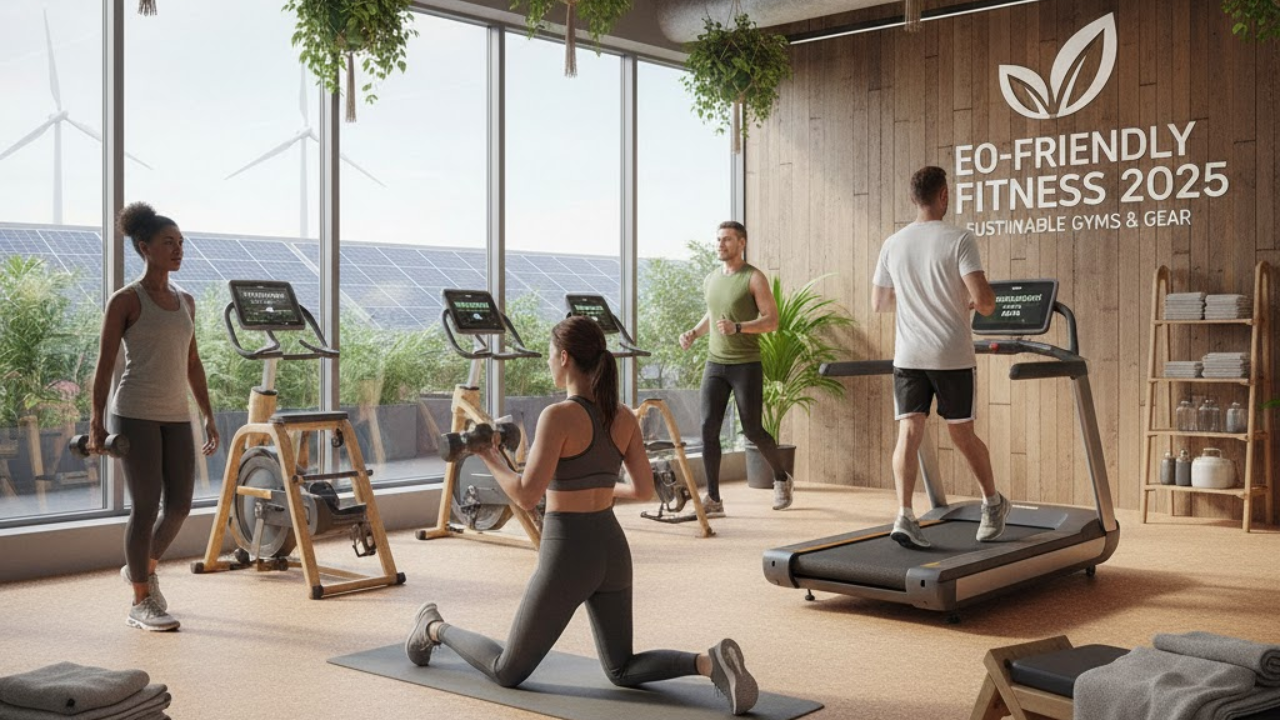
The Green Fitness Revolution: How Eco-Conscious Workouts Are Shaping the Future of Health and Planet
Discover how sustainable fitness is revolutionizing 2025 — from green gyms and recycled workout gear

Inside the Global Movement Where Science, Technology, and Self-Discipline Meet to Redefine Human Potential
Explore the 2025 biohacking boom — how people are using science, nutrition, and tech to enhance slee
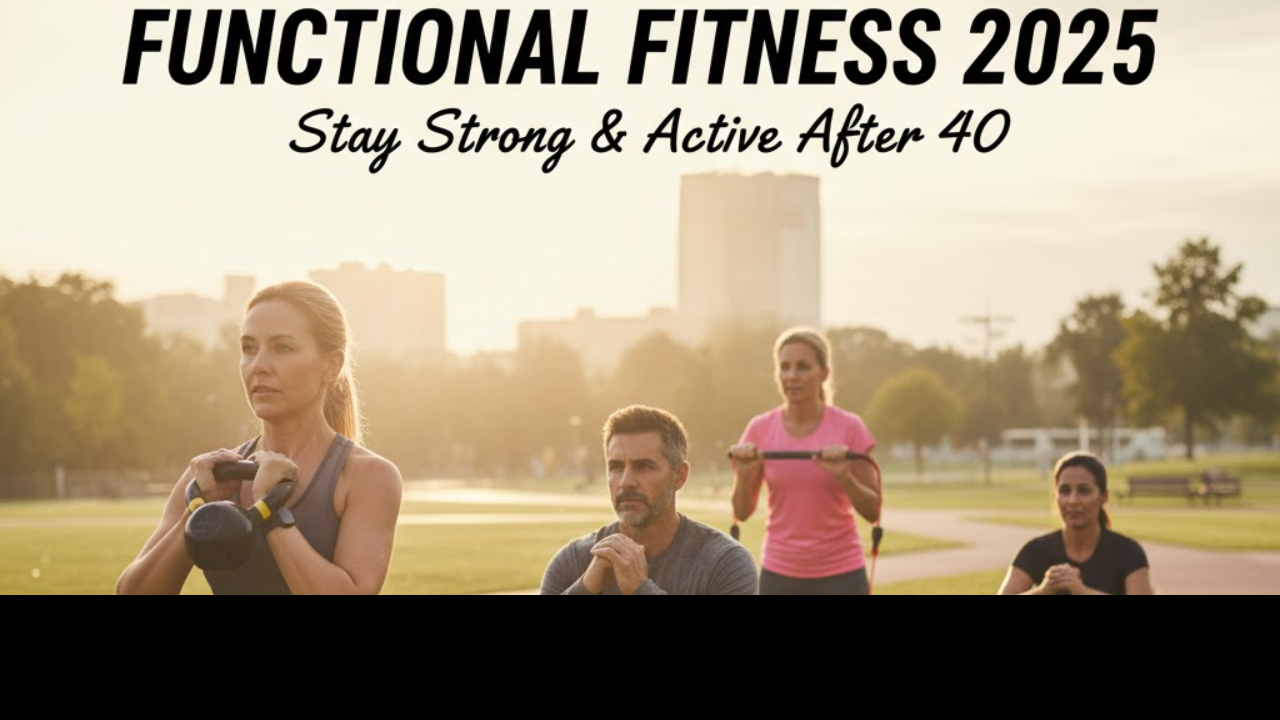
Building Strength That Lasts a Lifetime: How Functional Training Keeps You Fit Beyond 40
Discover how functional fitness helps you maintain strength, balance, and energy after 40 — the key
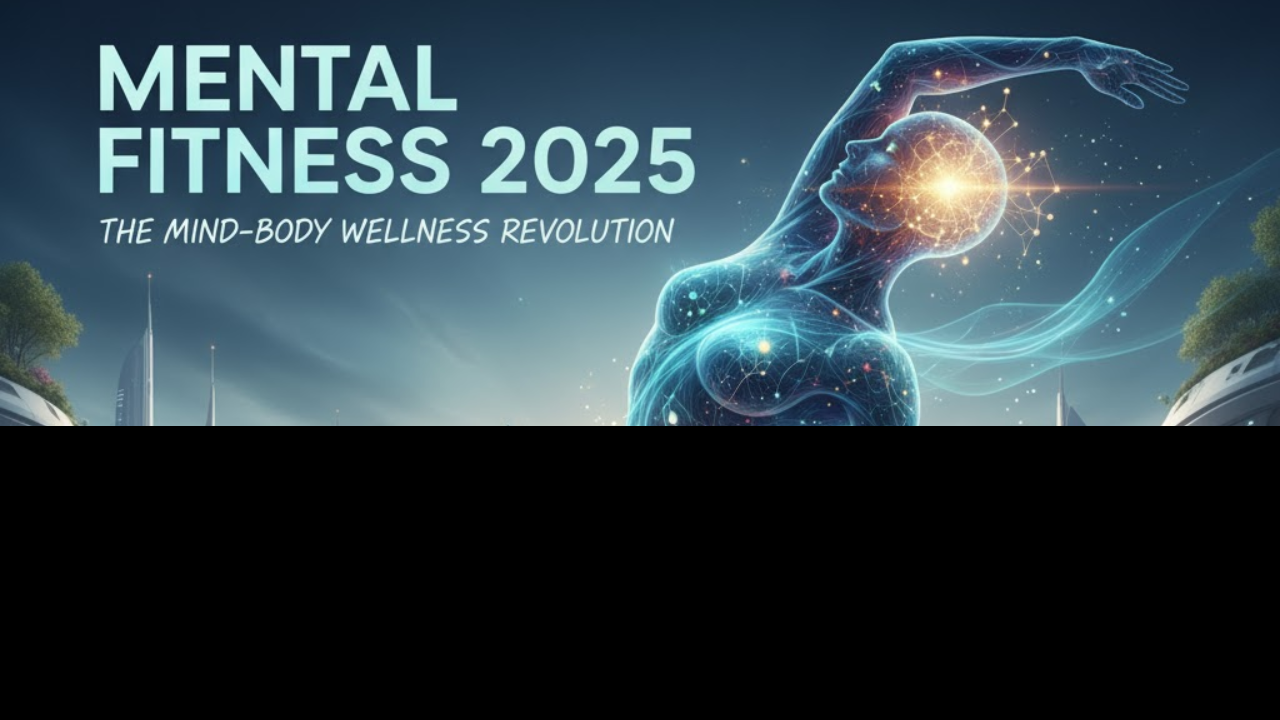
Beyond the Gym: How Training the Mind Is Becoming as Essential as Training the Body
Explore how mind-body workouts are transforming wellness in 2025 by combining mental clarity, emotio

How Japan’s 3×3 Walking Formula Is Transforming Global Fitness Routines in 2025
Discover Japanese interval walking — a 20-minute alternating pace routine that boosts metabolism, he

How TikTok’s Great Lock-In Is Inspiring People to Build Healthier Habits Before the Year Ends
Discover how TikTok’s “Great Lock-In” trend is motivating people worldwide to focus on health, fitne

From Couch to Café Easy Ways to Style Knits and Loungewear for Any Occasion
Discover how to style knits and loungewear for any occasion Stay cozy confident and stylish from you
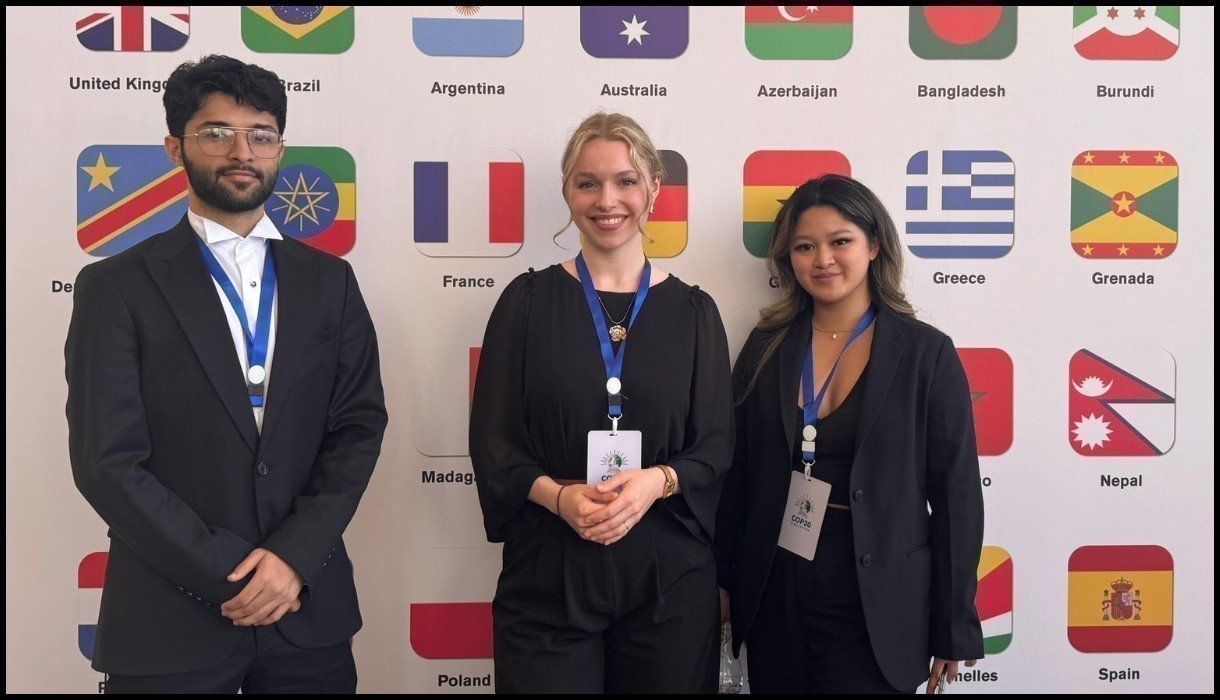
UE Dubai Students Shine at COP30 Simulation in Cairo, Showcasing Global Leadership in Climate Policy
University of Europe for Applied Sciences Dubai (UE Dubai) have taken centre stage at the COP30
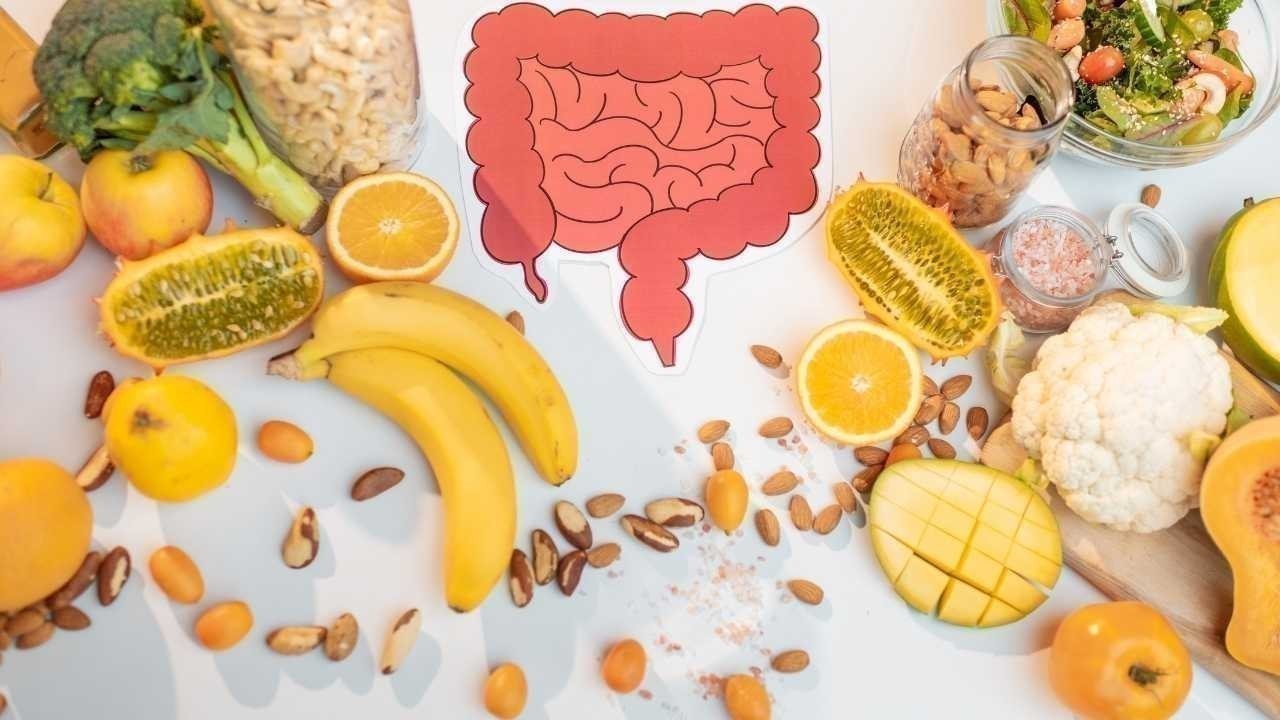
Signs Your Gut Health May Be Slowing Your Weight Loss
Poor digestion can slow weight loss Learn the key signs your gut may be affecting metabolism and how

Keto Friendly Fruits Top 10 Low Carb Fruits for Weight Loss Success
Discover 10 keto friendly low carb fruits that support weight loss boost energy and keep your die
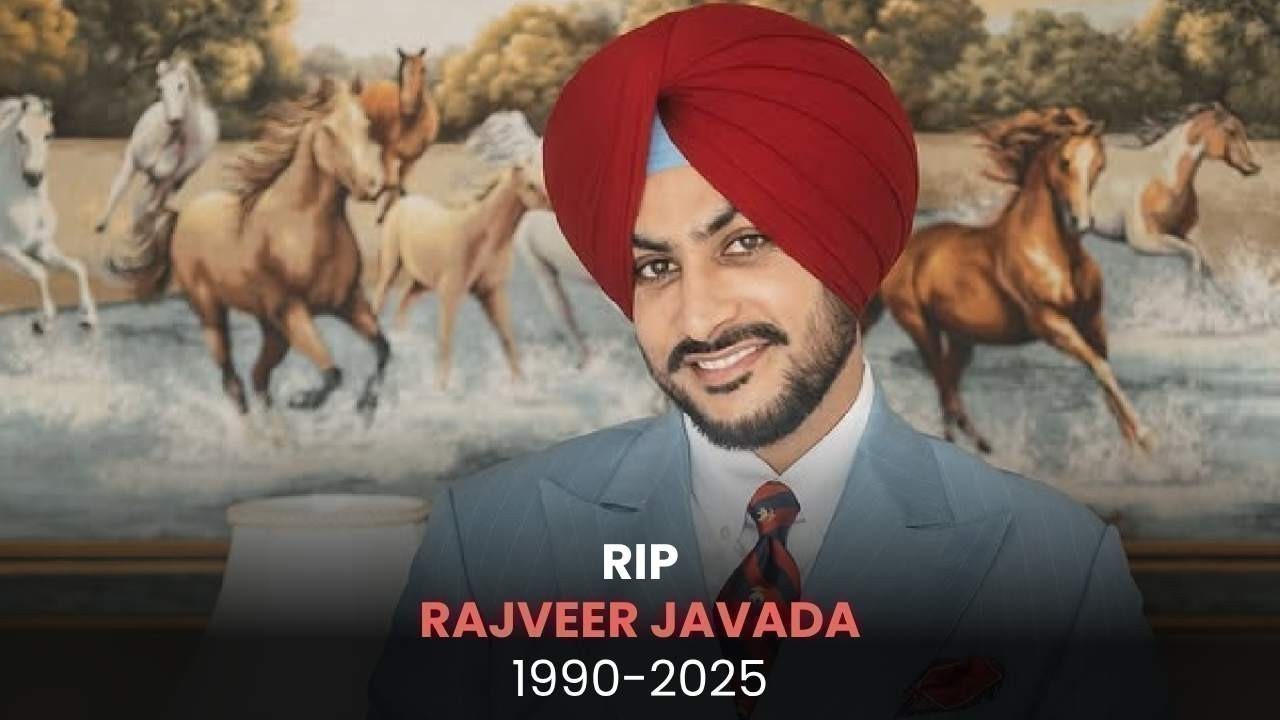
Rajvir Jawanda Life Career Music Hits & Tragic Accident Explained
Discover Rajvir Jawanda s journey from police aspirant to Punjabi music star his hits acting career

Karwa Chauth 2025 Date Rituals Legends and Modern Celebrations
Discover Karwa Chauth 2025 date rituals legends and modern celebrations highlighting love devotion a

DGHS Enforces No Cough Syrup Rule for Infants Urges Caution for Kids Under Five
DGHS bans cough syrup for infants and urges caution for kids under five to prevent health risks and
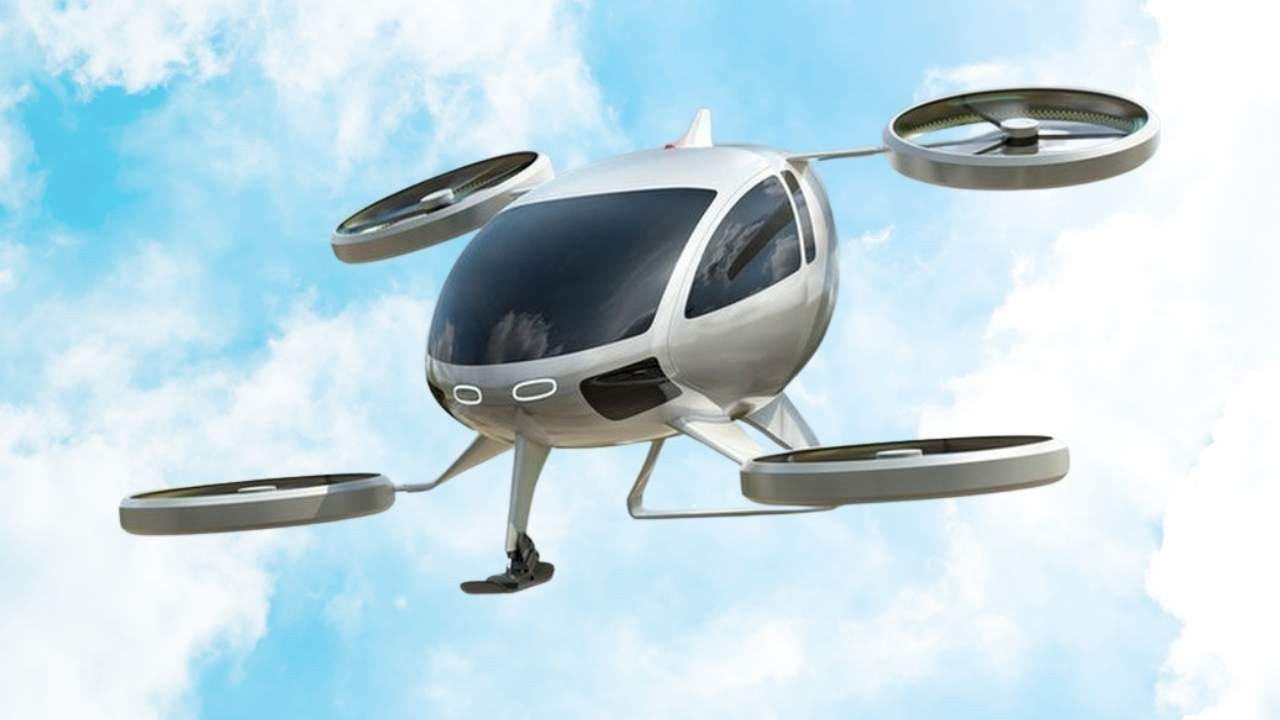
From Flying Taxis to Autonomous Delivery Dubai s Smart Transport Revolution
Explore Dubai s smart transport future with flying taxis autonomous vehicles and delivery drones sha